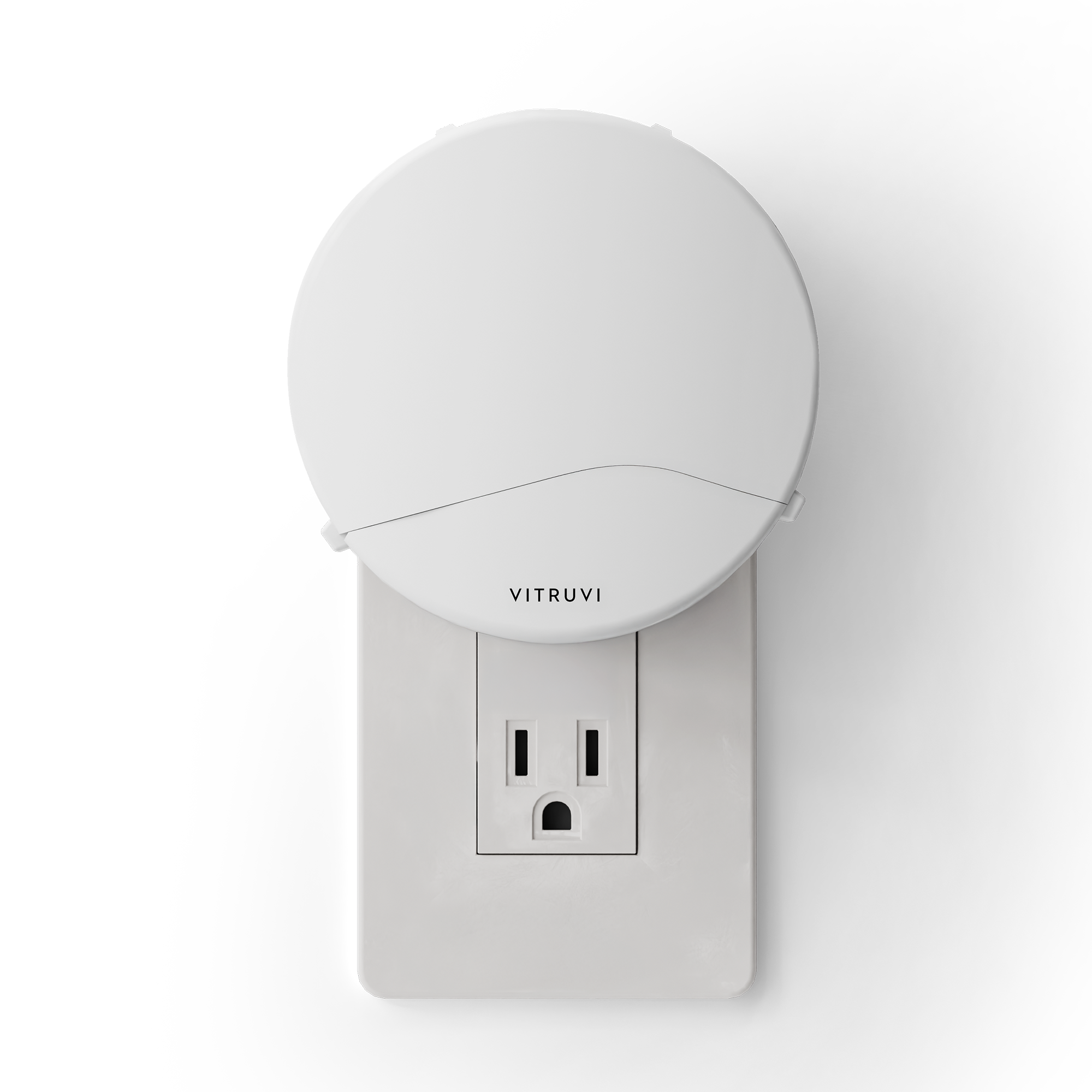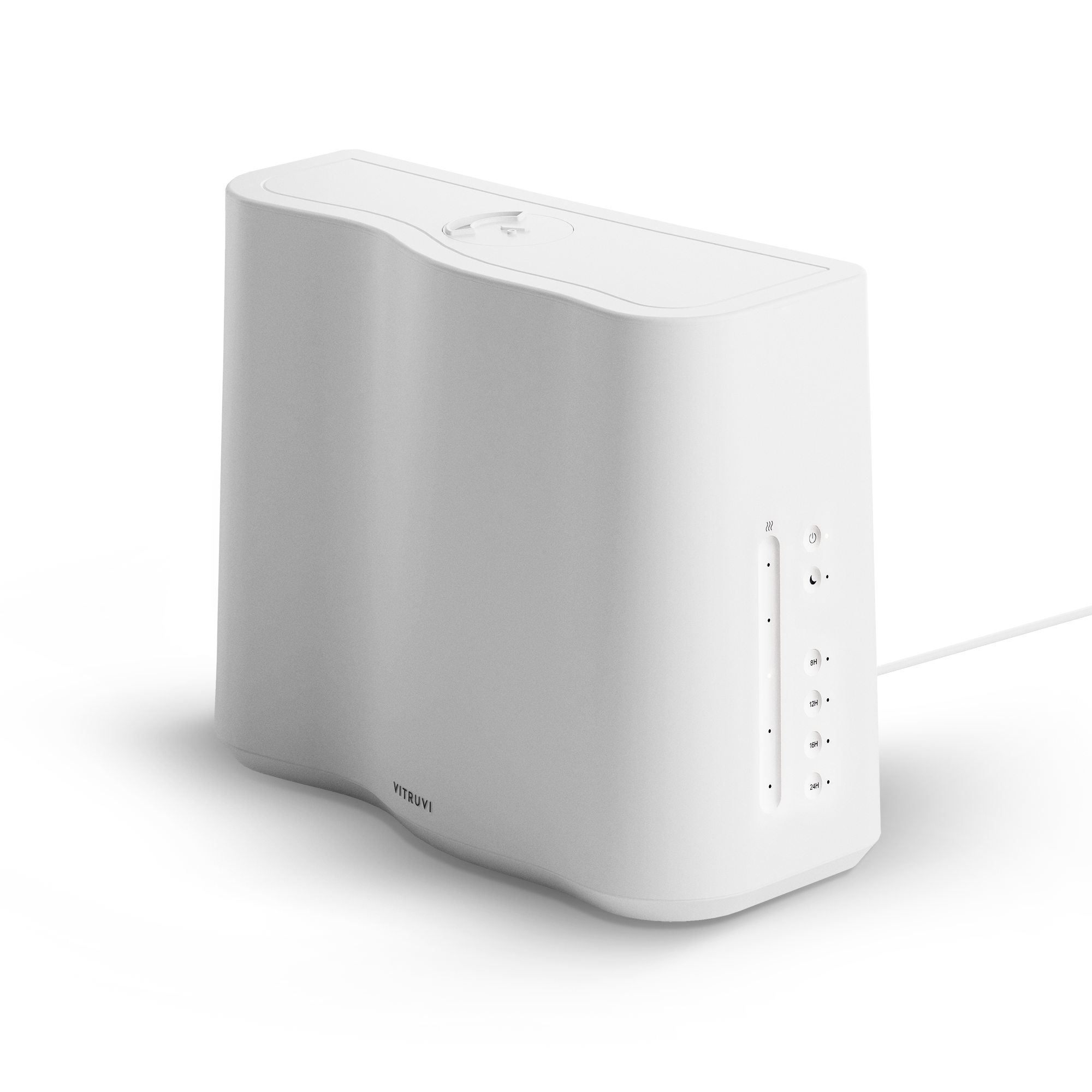Ask JKE is our monthly advice column written by Jackie Kai Ellis. Submit your questions anonymously here.
Dear JKE,
I made some new friends when they were a couple. They have since broken up and it was a really bad breakup. I like them both and can see both their perspectives. I don’t see them in-person much, but I am having issues navigating proper etiquette online via social media. Do I ignore them both and support neither in an attempt to not create any drama? Do I try to pick a favorite friend and support them only? Please advise. Everyone can see.
-Stuck In The Middle
~
Dear Stuck In The Middle,
The reality of heartbreak is that there is rarely a “right” or “wrong.” Breakups are a swirly kaleidoscope of gray in which each person is often both angel and demon, victim and perpetrator—sometimes at the exact same moment. This is simply what it means to be human.
We are all made up of many stories, layered slowly, one on top of another like sedimentary rock. Each thin layer is made of triumphs, losses, and heartaches, scattered with misunderstanding and understanding, and pressed into shape over time. Then, inevitably, one little rock meets another little rock, and they bump up against each other, smoothing down each others’ misshapen edges until they fit together—maybe for a lifetime, or maybe just for a brief period.
This is not to minimize how painful the friction can be. We feel sad and angry; we lean on our friends; we rant; we make our case; and sometimes, we demonize the person we love (or loved) in order to deal with the disappointment, rejection, guilt, and remorse.
Being human is messy; we’ve all been there. I’ve been messy enough times to finally see that we are all just trying to make it through breakups in one piece. And after the hurt has run its course, I’ve always felt glad for the gracious people in my life who have given me space to create that mess in the process of my healing.
Those in the middle of such an experience need compassion and understanding. Providing those things doesn’t mean that you have to be a part of the mess itself, though; you can empathize, validate, and recognize someone else’s feelings and not have them be yours.
You can also respect your own boundaries while acknowledging someone else’s. Boundaries are not the same for every situation; each person must continue to find their own lines.
I cannot decide for you where your line is in this situation. But here are a few things to consider:
- Everyone can “see,” as you mentioned, but they may only see a tiny snippet of any circumstance—not enough to pass proper judgment on another person’s actions. So, you must decide for yourself what you feel most comfortable doing, and what stance you respect the most. Not everyone will agree with you, but your opinion of you matters more than anyone else’s.
- Reflect, without judgment, on the intentions behind your actions. For example, if you know interacting with one person will hurt another, be curious as to why that knowledge is important or essential to you. It could be that you value kindness and loyalty, or that you value your social freedom. If you want to walk away, perhaps you value peacefulness at this time more than these particular friendships. It helps to be honest about your own motivations so that you can weigh whether it’s really worth some of the mess that you might get pulled into.
- If you find it helpful, you can talk to each of them privately about where you stand. You can explain that you value both of them and don’t want to hurt either of them. Sometimes I’ve found it useful just to be frank and communicate my thoughts.
- You can adjust your boundary at any time. If you try one thing and it doesn’t sit well, remember that learning about boundaries is a fluid and ever-changing process. “Rights” and “wrongs” may not apply to breakups, but acknowledging when something feels “right” and when something feels “wrong” is needed when exploring our boundaries. Ultimately only you can decide what you need.











